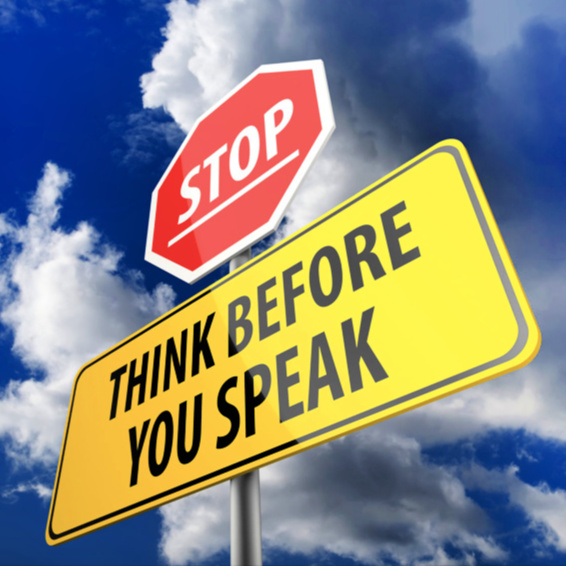The other day I was cleaning the kitchen when I overheard my youngest daughter scream at the opposite side of the room, “I don’t like my sister; she’s stupid.” My initial response was to get upset at my daughter for being mean, but instead I realized I was experiencing being defensive, almost as if I was the correspondent to that insult. As I walked over to her, I was reminded of my younger self, a sensitive little girl who didn’t stand up for herself. I also was reminded of this old adage, “Sticks and stones may break my bones but words will never hurt me.” I remember saying this adage as a young girl almost reciting it like if it was a popular song on the radio. But the general truth was that mean words said to me did hurt.
Now as a mother and an adult, I understand and hold reverence for the power of words. Words have the ability to inspire, move, humble, humiliate, and cause you to take action. Words hold weight. And with that I decided to not make my daughter wrong for her choice of words but instead begin teaching her an important life lessons about the power of words, choices, and responsibility. Here are three life tools I taught my daughter that I wished I learned at her age.
#1. Words are magical.
Don Miguel Ruiz, author of “The Four Agreements” uses a mystical and powerful analogy to also highlight the importance of words. He states, “When you use words to create, give, share, and love, you are as a white magician, transforming the life of others. But when you use words against people, you are as a black magician, casting spells and bounding people to the negative words you associate them with.” A real life example of a black magician, who used the power of words against people, would be Hitler. Hitler in Germany used his words to sway the emotions of millions, which resulted in mass destruction, war, and death. The simplicity of this mystical analogy is very powerful yet so simple, that can be understood by any young mind.
#2. We always have a choice.
“Attitude is a choice. Happiness is a choice. Optimism is a choice. Kindness is a choice. Giving is a choice. Respect is a choice. Whatever choice you make, makes you. Choose wisely,” author Roy T. Bennett explains this in his book, The Light in the Heart. My daughter as young as she is, she had the choice to be nice or be rude to her brother. Yet, she might not have known it. The ability to understand that we are the only one in full control of our decisions and emotions is an empowering life lesson. She learned that she can be in control of her emotions and control the outcome she wanted. I admit this is a lesson that I learned in my twenties, and yet I’m still learning. However, now I have a little partner who I can hold and also be held accountable too.
#3. Responsibility.
Taking responsibility can make anyone feel important especially children. Children, who learn to take responsibility for their choices and actions, can in return understand how their choices and actions affect others. My daughter was upset at her sister for not sharing her markers; however, she made the choice to yell and insult her instead of asking nicely. After explaining the power of words and allowing her to take responsibility for her choice to insult her (even though it wasn’t the correct choice), she was able to understand how she hurt her.
Although I don’t see my daughter learning these life tools right away, I am patient enough to keep reminding her of her power to choose wise words and to take responsibility for her actions. In addition, by simply asking, “What magician will you be today black or white?” I can help my daughter to feel empowered to make the right choices.

